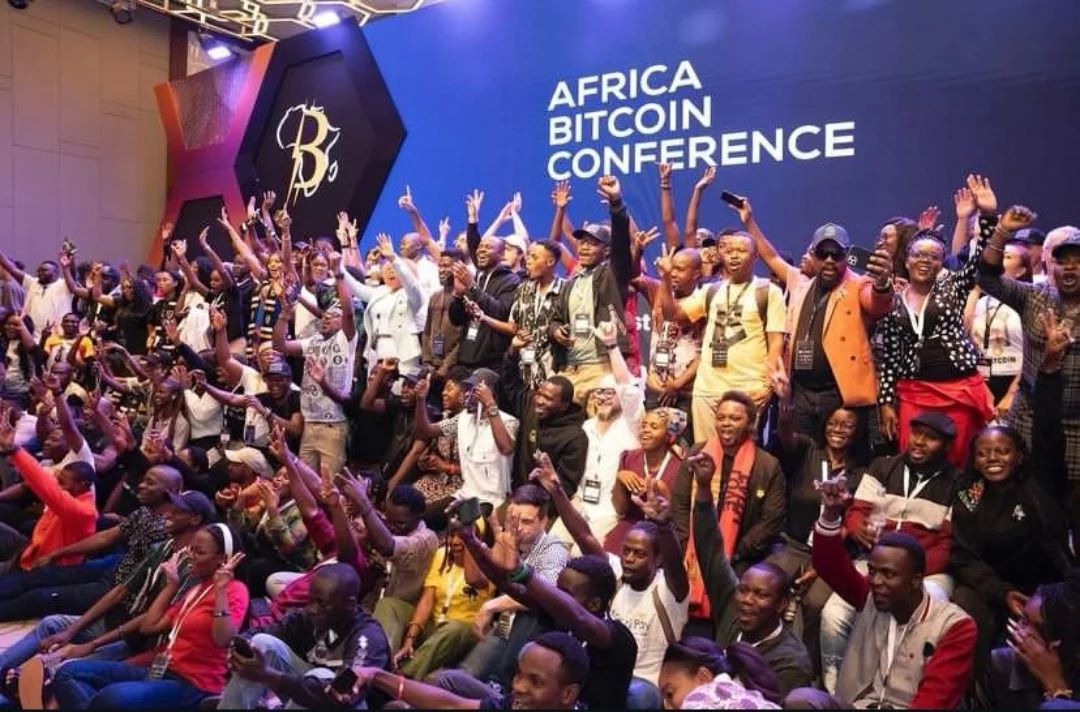Quite a number of Black parents in diaspora and in native homelands discourage their children from pursuing non-science degrees, especially in the performing arts. They actively limit the choice of careers in art, culture, design and advance specific studies for income, status and security. Colored families’ diaspora-wide from Africa, the Caribbean, and even Asia will be disappointed at a college dropout who has chosen to follow a passion profession. It is worse in the Motherland, people will talk and parents will be shamed for the no-good child who left medical school to become a dancer.
Children of hard working immigrants understand the pressure to succeed. Many are raised in families who care not for creative degrees or working in a ‘frivolous’ creative industry. To make the family proud and be respected is every child’s overarching desire. But achieving a rich and meaningful life goes beyond work titles and salary scales. The unhappiness of being stuck in a job one despises, forced to show up day after day for long years will take an emotional toll.

The Covid pandemic has idealized science and tech jobs, and people are woke to their status in the hierarchy of careers. STEM programs are perceived as prestigious, offering lucrative, stable jobs. These occupations usually come with coveted titles – doctor, engineer, and scientist. In Nigeria, for instance, titles are esteemed in social circles. A man is proud to be called ‘father of doctor’ and a mother happily answers to ‘lawyer’s mama.’ It is assumed that one is never unemployed with a degree in any of these professions.
Family heads of African descent exert some significant control over their household. Children are heavily dependent on parents; it is inevitable that career decisions will be influenced by parents. But there is stress, discontent and resentment if the kids resist. This is magnified when children graduate and eventually begin to work jobs they don’t care about. It is not unusual to see an African lawyer or medical doctor handover their certificates to their parents as soon as they graduate, and then begin other endeavors. The child believes he has satisfied his parents with the status degree and can now do what he prefers.
In extreme cases, many an unyielding child will face backlash for their career choice. They contend with parents who refuse to help with tuition and accommodation costs, clearly signaling ‘you are on your own.’ Is the parent pinning hopes of their own unrealized dreams on their ward or genuinely interested in their success? Are they driven by youthful mistakes or seeking to prevent wasted years? Being a doctor, engineer or scientist might bring pride to the family but it can promote a warped sense of self-worth for the youngster. She may have been swayed by the grandness of the profession rather than a true love for it.

We can attribute career meddling to future economic security – the fear of children being poor, especially if the family is from an indigent background. The thought that the kid might not ‘make it’ is a potent motivation to direct the future. Couple this with love, parents are mostly well intentioned and want the best for their charge. Immigrant Black parents, who have crossed oceans to give their family a better life, prefer to not have their sacrifices go to waste with children choosing ‘risky’ occupations.
The arts are highly competitive and many talented creatives and sports persons have been swallowed up in the hustle. At times one out of a thousand will hit the big leagues. Chances are that the others may not achieve economic stability throughout their adulthood. Indeed, parents can envision their artsy, culture and design loving child as a struggling creative, heavily reliant on GoFundMes.
A lot of talented, colored students are giving up jobs in the creative industry. The world needs STEM grads who have incorporated the arts into their studies and artists who appreciate the sciences. It is a disservice to society to undervalue arts, culture or design professions. Albert Einstein stressed the importance of the creative mind, “I’m enough of an artist to draw freely on my imagination, which I think is more important than knowledge. Knowledge is limited. Imagination encircles the world.”
Are children not individuals who should be entitled to their own personal dreams? According to Robert Dickerson, “you must give your children the opportunity to experience their greatest potential.” To hold back and not nudge a kid towards a career path is a difficult thing to do. But if parents have invested in exposing them to diverse vocations, they will be confident in their choices. As guardians they can work with wards to match their abilities in academics and skills in extracurricular activities. Hopefully this will circumvent a lifetime of working in miserable jobs.

The world is hurting right now, with heightened schisms and intolerance. We need empathetic people who have received art experiences, who will help the world heal. Creativity helps us understand the data in the science, but it also makes us more accepting of the world. It is arts, culture and design that gives us an appreciation of the nuances of society, and this is as important as the magic of math and science.
Yes, the creative industry can be a driver for economic prosperity. Artists, designers and entertainers should be recognized as innovators and entrepreneurs. They deserve access to startup funding, business training and support just like other small business owners in other professions. When states and countries institute specific tactics for bolstering their creative workforce, the creative industry will become more appealing.
Increasingly, creativity is needed for business prosperity and economic success. Without the arts, there is little creativity. There are numerous professions that utilize creativity and design to stand out. The Apple brand is a great model of how the arts can link with technology to inspire innovation. Arts, culture and design can revitalize a community, deliver an efficient workforce, and boost an innovative economy.

Belinda Nzeribe is the magazines contributing writer, editor and interviewer based in Nigeria. Her work furthers a transatlantic relationship between FunTimes diaspora audience and the motherland. She began her career as a broadcast journalist, and is currently the managing editor of IkejaBird Media, an online news publication. She also runs creative writing clubs in high schools and publishes student anthologies. Her other passion is child literacy and she manages a charity working to improve reading levels of children in low-income communities. Belinda holds degrees in Theatre and Film, Public and Media Relations, and International Affairs.





